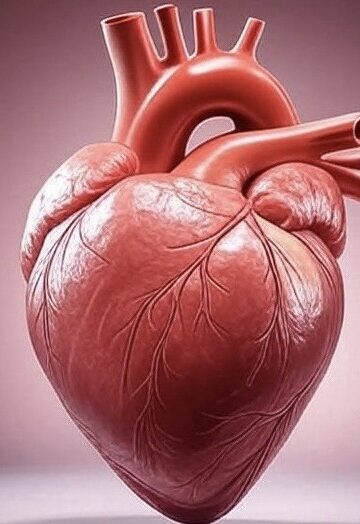Rising allergies like food allergies, asthma, and eczema are linked to poor gut health caused by pesticide exposure. Pesticides such as glyphosate disrupt the gut microbiome, killing beneficial bacteria (Lactobacillus, Bifidobacterium) and reducing microbial diversity. This dysbiosis weakens the gut barrier, triggers chronic inflammation, and impairs immune tolerance, making the body overreact to harmless allergens […]
Tag: gut microbiota
How Pesticides Disrupt Gut Health and Microbiome Balance
Pesticides like glyphosate, organophosphates, and neonicotinoids, used widely in agriculture, disrupt gut health by harming the gut microbiome, the diverse bacteria in our intestines vital for digestion, immunity, and overall health. Chronic exposure through food or the environment causes dysbiosis, reducing beneficial bacteria like Bacteroidetes and Firmicutes, lowering microbial diversity, and weakening the gut barrier. […]
Moderate Alcohol: Health Benefits, Risks, and Science Explained
Moderate alcohol consumption, defined as up to one drink daily for women and two for men, may reduce risks of heart disease, ischemic stroke, and type 2 diabetes. Light drinking boosts HDL cholesterol, improves insulin sensitivity, and lowers blood pressure via antioxidants like resveratrol in red wine and polyphenols in beer, which curb inflammation and […]
Top Foods to Unclog Arteries: Heart-Healthy Diet Tips
Clogged arteries, or atherosclerosis, increase heart disease risk by restricting blood flow. A heart-healthy diet can help unclog arteries and improve cardiovascular health. Fatty fish like salmon, rich in omega-3s, reduce inflammation and triglycerides. Olive oil and avocados provide monounsaturated fats to lower LDL cholesterol and raise HDL. Nuts, seeds, and legumes offer fiber and […]
Health Benefits of Grass-Fed Butter: Nutrition & Wellness
Butter, especially grass-fed and organic, is a nutrient-packed food with numerous health benefits. Rich in saturated and unsaturated fats, it provides energy and supports heart health when consumed moderately. Butter contains fat-soluble vitamins A, D, E, and K2, which boost immunity, bone health, and brain function. Butyric acid promotes gut health and reduces inflammation, while […]
AG1 Greens Powder: Boost Energy, Gut Health & Immunity Daily
AG1 Greens Powder, from Athletic Greens, is a plant-based superfood supplement delivering 75 high-quality ingredients, including vitamins, minerals, probiotics, prebiotics, digestive enzymes, and adaptogens like ashwagandha. Designed for daily nutrition, it supports gut health, energy, immune function, and stress management. With superfoods like spirulina and chlorella, AG1 is non-GMO, gluten-free, vegan, and NSF Certified for […]
Autism Causes: Genetics, Environment, Neurobiology Explained
Autism Spectrum Disorder (ASD) is a complex neurodevelopmental condition driven by genetic, environmental, and neurobiological factors. Genetics, with 50-90% heritability, involves polygenic risk, rare mutations like copy number variations, and syndromes like Fragile X. Epigenetic changes, such as DNA methylation, link genes to environmental influences. Prenatal exposures—toxins, maternal infections, or obesity—disrupt fetal brain development, while […]
Seed Oils & Inflammation: Health Risks & Better Fat Choices
Seed oils like canola, soybean, and corn oil, high in omega-6 fatty acids such as linoleic acid, are linked to chronic inflammation, a driver of heart disease, autoimmune disorders, and metabolic issues. These industrial oils, common in processed foods, disrupt the omega-6 to omega-3 ratio, promote oxidative stress, and may harm gut health. Replacing seed […]
Curb Hunger Cravings: Top Tips to Control Appetite Naturally
Curbing hunger cravings is key to healthy eating and weight loss. Hunger, driven by ghrelin, signals a need for food, while cravings, often tied to serotonin or dopamine, stem from emotions or triggers. Stabilize blood sugar with low-glycemic, nutrient-dense foods like quinoa and vegetables. Prioritize protein (e.g., eggs, tofu) and fiber-rich foods (e.g., oats, chia […]
Flush Toxins to Boost Testosterone: Detox for Men’s Health
Toxins like BPA, phthalates, and heavy metals disrupt testosterone by acting as endocrine disruptors, causing low T, fatigue, and poor health. Detoxifying your body can restore hormone balance. Eat cruciferous vegetables, antioxidants, and fiber to support liver detox and gut health. Stay hydrated, avoid processed foods, and use supplements like NAC, milk thistle, and zinc. […]










